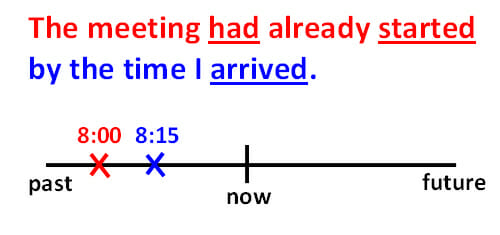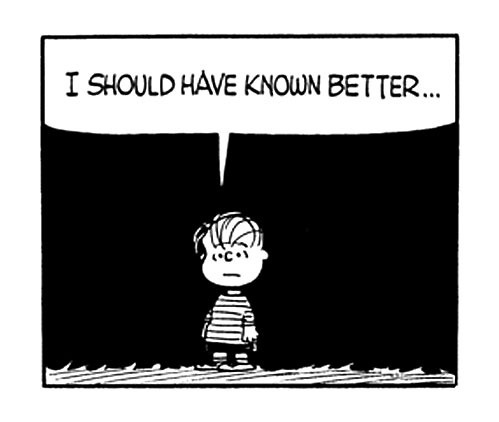
Task One
When you use speech marks you need to remember the rule – new speaker, new line.
Copy and paste this passage into your word document. I’ve put in all the punctuation so make sure you copy that carefully. When you correct the passage make sure that you put each new speaker on a new line.
“I want to go swimming,” said Matthew. “I can’t stand staying in doors all day.” “I thought you had homework to do,” said Mum. “Oh Mum,” said Matthew. “I’ve almost finished it. Can’t I just take an hour off.” “Yes you can take an hour off,” said Mum. “But only when you’ve finished your work.” “But it’ll be closed if I don’t go soon!” said Bob. “Then you’d better get a move on, hadn’t you?” said Mum.
Task Two
This time you also have to add the speech marks in the correct places. It is quite tricky. You’ll probably need to read through the passage several time to work out what each character is saying.
Excuse me, said the man. Can you tell me what the time is? I think it’s about 8 o’clock, replied Graham. I haven’t got my watch on but I remember seeing the time on the town hall clock a few minutes ago. The town hall! said the man. That’s just what I’m looking for. Can you point me in the right direction? Certainly, said Graham. You just go down there past the bank, turn left, go straight on and the town hall will be on your right hand side. Brilliant, said the man, Thanks for your help. That’s okay, said Graham.
Extension Task
Consolidate what you’ve learnt. Write a passage that uses direct speech. Show me that you know where to put speech marks and other punctuation. Show me that you can remember to start a new line for each new speaker.
Some suggestions for what your passage could be about:
(a) Two friends having a chat about last night’s television.
(b) A person going to buy a car/computer etc. from a salesperson.
(c) A telephone conversation between a person who is reporting a lost pet and a policeman.







